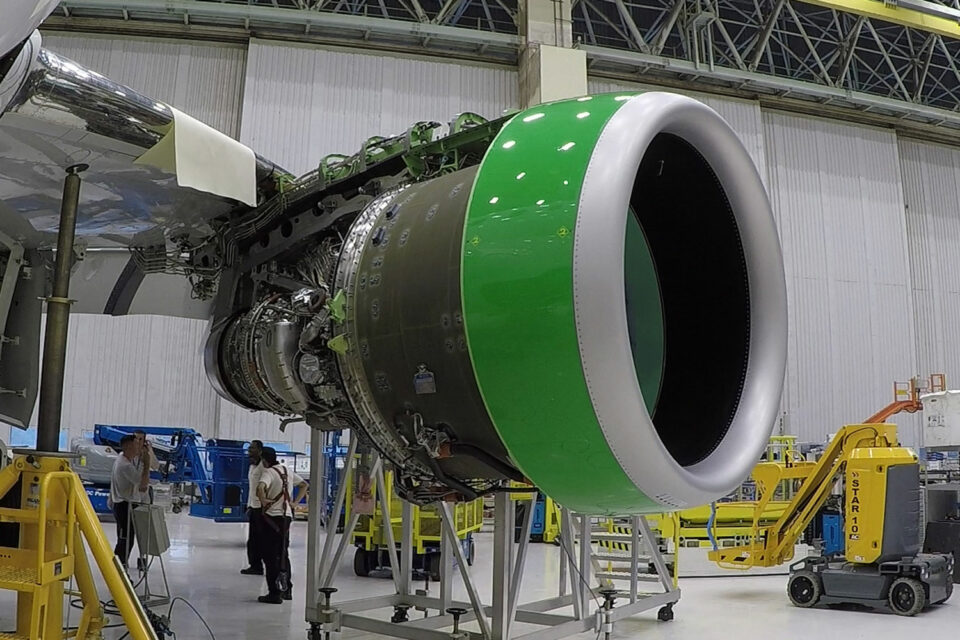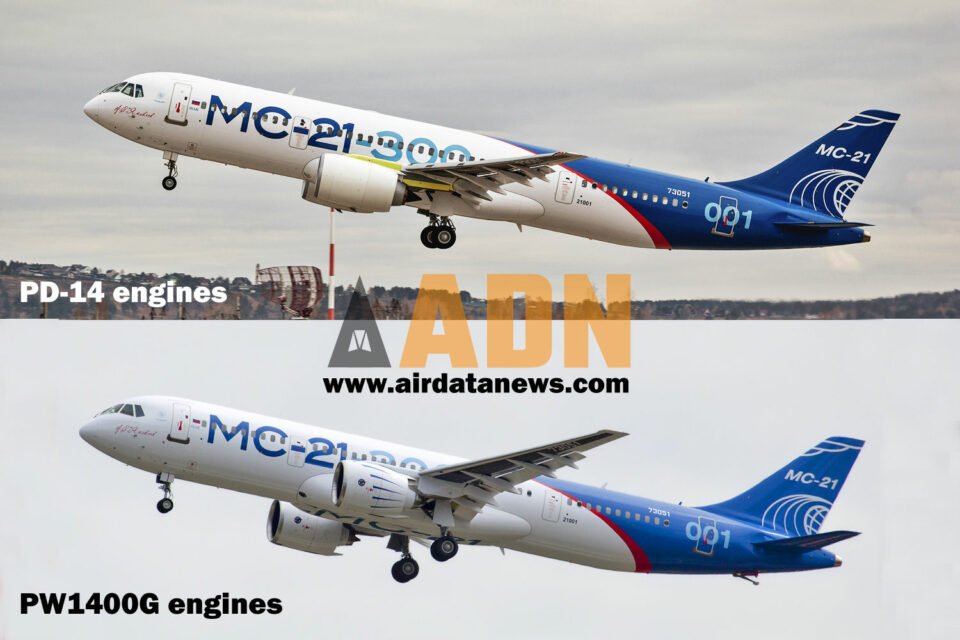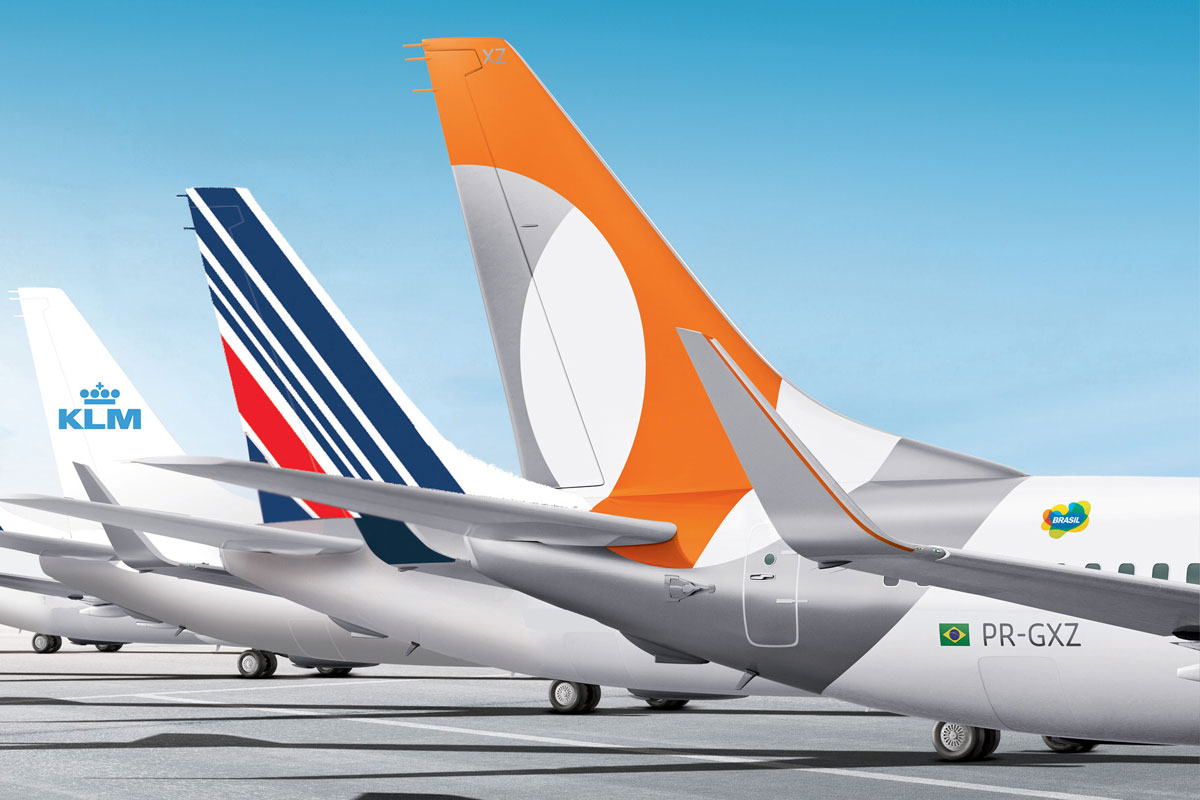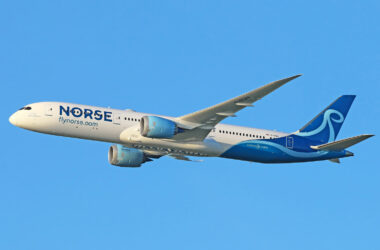RTX, the parent company of engine manufacturer Pratt & Whitney, stated during the presentation of its 3rd quarter results that the problem with contaminated metal dust, which can cause cracks in part of the PW1000G engines, will also include inspections of the Airbus A220 and Embraer E2 turbofans.
The two jets use the PW1900G and PW1500G versions, which are less affected by the defect. Pratt & Whitney has focused on checking and replacing parts of the PW1100G turbofan, used by the A320neo family, which has a larger fleet.
“For the PW1500 and the PW1900, we will institute a fleet management plan that will largely fit inside the shop visit plans that are already in place for these fleets,” said Chris Calio, COO of RTX.
The continued problems of the GTF (Geared Turbofan) engine have grounded hundreds of aircraft around the world. As it requires a long service time, PW has not been able to serve its customers within the expected time.

The problems peaked in September, when several jets had to stop flying because they had reached the limit of 2,800 to 3,800 cycles, a number reduced due to the problem.
350 aircraft on the ground between 2024 and 2026
As of September, at least 140 engines have undergone inspection and the expectation is that 600-700 turbofans will be inspected by 2026. Despite this, RTX predicts that most of the checks will take place by the beginning of next year.
According to the company, around 350 aircraft will be grounded between 2024 and 2026. To minimize waiting time, new workshops are being certified by the company, including units from Iberia, China Airlines and Korean Air.

The GTF engine is optional on the A320neo family, which can also use the CFM Leap-1. Both the A220 and E2 were designed solely with Pratt & Whitney turbofans.
Another customer for the geared fan engine was Mitsubishi’s SpaceJet, but the regional jet’s program was canceled years ago. Russian UAC, which installed the PW1400G engine in the MC-21 model, is replacing it with the local PD-14 turbofan due to Western sanctions.






